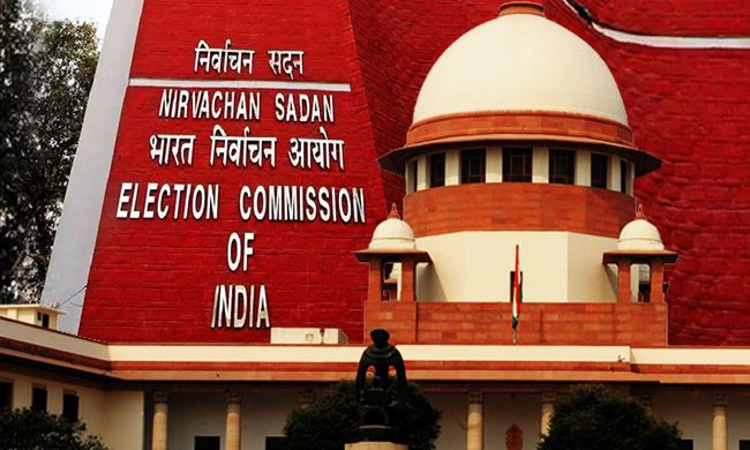In a democracy as vast and vibrant as India’s, elections are a sacred cornerstone. The Election Commission (EC), a constitutional body tasked with conducting free, fair, and transparent elections, has consistently upheld this principle with commendable efficiency. Yet, it is disheartening to witness how some opposition parties and even sections of the judiciary are undermining this institution’s credibility. The recent amendment to the Conduct of Election Rules by the Union Government is not only timely but also necessary to protect the integrity of India’s democratic process. The Punjab and Haryana High Court’s directive to the EC to disclose election-related information, including CCTV footage of polling booths, is a case in point. Such orders, while appearing to champion transparency, risk opening a Pandora’s box of frivolous and politically motivated demands. The EC has reportedly been inundated with applications under the Right to Information (RTI) Act, seeking minute and unrelated details about elections. These requests, often filed by individuals with dubious intentions, disrupt the Commission’s primary responsibilities and jeopardize the confidentiality and sanctity of the electoral process.
Opposition parties, particularly the Congress, have made it a routine practice to question the EC’s credibility whenever electoral results do not favour them. It is ironic, given that the Congress—a party that ruled India for over six decades—has a history of politicizing constitutional bodies, including the EC, by appointing pliable officials to serve its agenda. Today, the same party accuses the EC of bias and inefficiency without providing substantive evidence. This pattern of behaviour does not just undermine the EC; it sows distrust among the electorate and tarnishes the image of Indian democracy. Regional parties, too, have joined this bandwagon, blaming their electoral losses on alleged EC malpractices rather than introspecting on their failed strategies and policies. This tendency to cry foul and create societal unrest reflects poorly on the maturity of India’s political class. The judiciary’s role in this saga is equally troubling. By entertaining petitions that question the EC’s functioning without substantial grounds, the courts risk overstepping their constitutional mandate. With a backlog of thousands of pending cases, the judiciary would do well to focus on its own responsibilities rather than venturing into the domain of another constitutional body. Judicial activism, when misplaced, can erode the delicate balance of power between institutions.

The Union Government’s amendment to the Conduct of Election Rules is a decisive step to curb this misuse. By specifying which election-related documents can be inspected by the public, the amendment strikes a balance between transparency and the need to protect the EC from undue interference. The revised Rule 93 ensures that only relevant documents, as outlined in the rules, are accessible, safeguarding the Commission’s ability to conduct elections without external pressures. This move is not an attack on transparency or freedom of expression, as some critics claim. Rather, it is a safeguard against the erosion of trust in democratic institutions. Freedom of expression and the right to information are fundamental rights, but they are not without limits. When these rights are weaponized to undermine constitutional bodies, it becomes imperative to draw a line. India’s democracy is robust because of its institutions, not in spite of them. The EC’s track record of conducting elections in the world’s largest democracy is unparalleled. It is time for political parties and other stakeholders to respect this institution rather than exploiting it for short-term gains. The government’s amendment is a step in the right direction, reaffirming faith in the EC and ensuring the sanctity of India’s electoral process.






